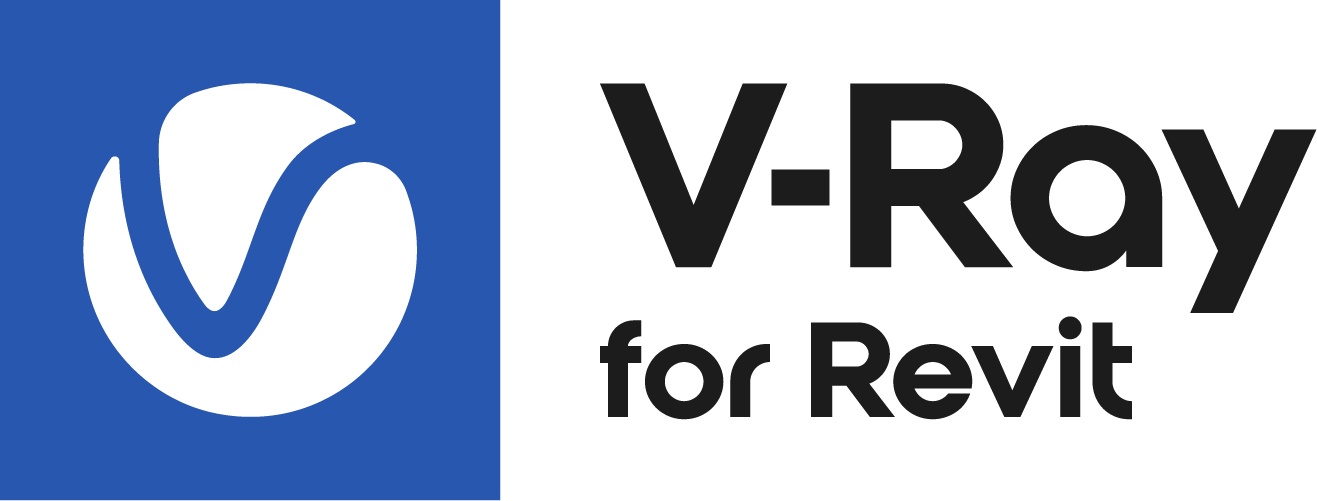This page contains information about the V-Ray Tiles Texture.
Overview
The V-Ray Tiles Texture map can be used to generate a versatile procedural tile texture. It uses two colors that can be either changed by the user or have texture maps assigned to them and allows you to chose from a number of Pattern Types as well.
Parameters
Pattern Type – Allows you to select from certain preset tile patterns. Some channels controls may not be visible in the UI for this texture if the Pattern Type chosen does not support or need it.
Custom Tiles
Running Bond
Common Flemish Bond
English Bond
1/2 Running Bond
Stack Bond
Fine Running Bond
Fine Stack Bond
Tile
Color Tile – Controls the color of the Tiles. This channel can also be controlled by a texture map.
Horizontal Count – Controls the horizontal tile count.
Vertical Count – Controls the vertical tile count.
Color Variance – Controls the amount of color variety in the tiles.
Fade Variance – Controls how faded the color from the Color Variance.
Random Seed – Used to generate the procedural Tiles Texture. By changing this value you can change the look.
Mortar
Color Mortar – Controls the color of the mortar. This channel can also be controlled by a texture map.
Gap H/V – Controls the size of the horizontal and vertical gaps between the tiles.
Lock Gap – Locks the Horizontal and Vertical gaps.
Holes – Controls the percentage of tiles that are missing.
Edge Noise – Controls how rough the edges of each tile are.
Stack Layout
Line Shift – Controls the amount of shift between each line of tiles.
Random Shift – Randomizes the shift.
Row Modify
Row Modify – When enabled, the custom parameters are used.
Per Row – Specifies which rows get the number of tiles modified by the Change parameter.
Change – Changes the number of tiles for the rows specified. Smaller values increase the number of tiles.
Column Modify
Column Modify – When enabled, the custom parameters are used.
Per Column – Specifies which columns get the number of tiles modified by the Change parameter.
Change – Changes the number of tiles for the columns specified. Smaller values increase the number of tiles.
Color Manipulation
Invert Texture – Inverts the RGB texture values.
Alpha from Intensity – Uses the texture RGB intensity/luminance as alpha channel.
Color Gain – Color corrects the texture by multiplying the RGB color values in the texture with the RGB color values specified here.
Color Offset – Color corrects the texture by adding the RGB color values specified here to the RGB color values in the texture.
Default Color – Specifies a default color used for polygons with no valid UVs. In case the map is not tiled, specifies a default color that is used outside the texture square. When a texture is selected, it overrides the color as long as the texture checkbox is enabled.
Multipliers
Mode – Specifies the multiplication mode of the colors.
Multiply – The color used for blending is black.
Blend Amount– The color used for blending is the one specified in the color slot.
Color Tile – Blends between a color and a texture, if specified.
Color Mortar – Blends between a color and a texture, if specified.
Texture Placement
Type – Controls how the texture is positioned on the geometry.
2D (UV Channel) – The texture uses the object UV coordinates.
Environment – This mode is currently not supported in V-Ray for Revit.
2D (UV Channel)
UV Channel/Set – Specifies the index of the mapping channel data to use. A value of 1 takes the first available channel.
Repeat U/V – Determines how many times the texture is repeated in the 0 to 1 UV square.
Lock U/V Repeat – Locks the U/V Repeat.
Offset U/V – Controls the texture offset in the U and V direction.
Rotate – Rotates the texture (in degrees).
Tile U/V – Tiles the texture in the U and V direction. If the option is disabled, the Default texture color is used outside the 0 to 1 UV square. Default color is found in Parameters > Color Manipulation.
Mirror U/V – Mirrors the texture in the U and V direction separately. The option cuts the texture in the half flipping one side vertically or horizontally. This can be used to avoid seams in-between non-tileable repeated textures.
Double-sided – This option should be enabled only if support for unique front and back face UVS is required. If enabled, channel "n"is used for front-side UVS and channel "n+1" is used for back-side UVS.
2D (UV Channel)

